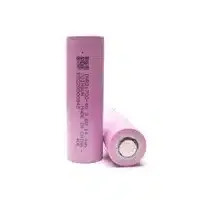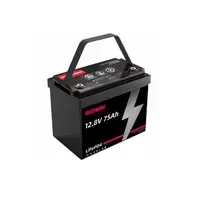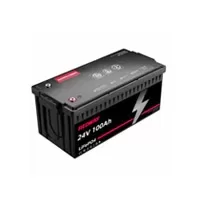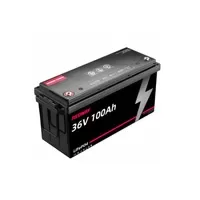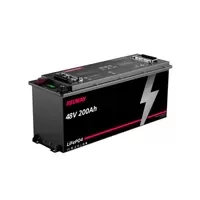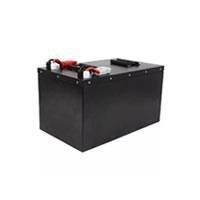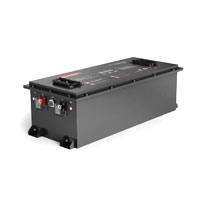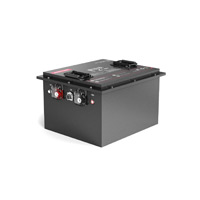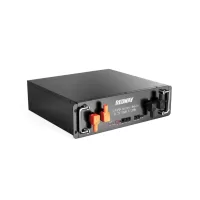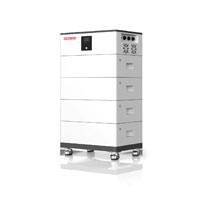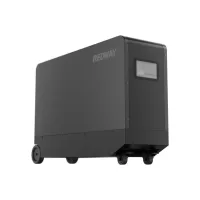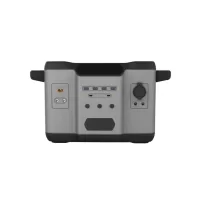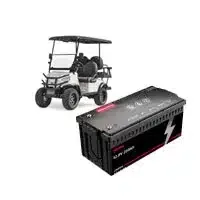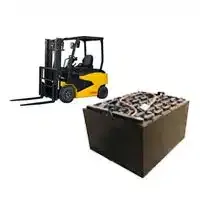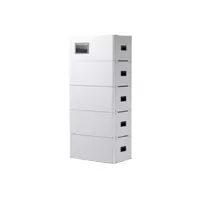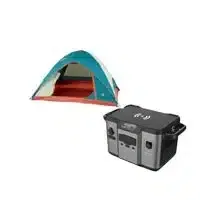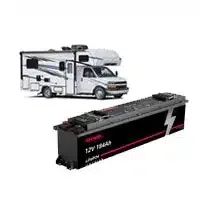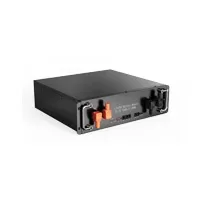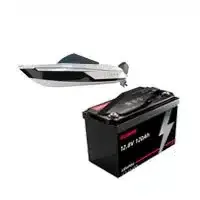(Click to Get a Quick Quote!)
In today’s blog, we tackle a common query: Does Call2Recycle accept wet cell or automotive batteries? If you’ve pondered the proper disposal of these batteries, you’re in the right place. We not only provide the answer but also emphasize why recycling all battery types with Call2Recycle is essential. So, grab your coffee, relax, and let’s embark on this enlightening journey!
What is a wet cell battery?
Curious about wet cell batteries? Here’s a brief overview:
- What is a Wet Cell Battery?
- A wet cell battery, also known as a flooded lead-acid battery, is a rechargeable battery using liquid electrolyte for energy generation.
- Found in automobiles, marine vehicles, and backup power systems, these batteries differ from dry cell batteries by using liquid sulfuric acid solution.
- How Do They Work?
- The battery comprises positive and negative lead plates immersed in liquid electrolyte, facilitating the chemical reaction that produces electricity.
- Due to their liquid nature, regular maintenance is required, including fluid level checks and adding distilled water when needed.
- Proper Disposal and Environmental Impact:
- Wet cell batteries are not accepted by Call2Recycle for recycling due to their specific handling requirements.
- Improper disposal poses environmental risks, as the corrosive sulfuric acid and lead components can harm soil, groundwater, and human health.
Remember, responsible disposal of wet cell batteries is essential for environmental protection. Follow local regulations to recycle or dispose of them safely, contributing to a cleaner and safer environment.
What is an automotive battery?
Curious about automotive batteries? Here’s a concise guide:
- What They Do:
- Automotive batteries are rechargeable batteries designed for vehicles, supplying the necessary electrical energy to start the engine and power various components like lights and air conditioning.
- Typically lead-acid, these batteries use lead plates and sulfuric acid to create a chemical reaction producing the needed electric current.
- Maintenance and Lifespan:
- Essential for a vehicle’s proper functioning, automotive batteries have a limited lifespan influenced by factors like age, usage patterns, and environmental conditions.
- Regular maintenance and timely replacement are crucial to ensure optimal performance.
- Responsible Disposal and Recycling:
- Proper disposal of automotive batteries is vital due to hazardous materials like lead and acid.
- Recycling programs, including Call2Recycle, actively promote responsible battery recycling, preventing environmental harm and conserving valuable resources.
Remember, recycling your automotive battery with programs like Call2Recycle contributes to a cleaner environment and resource conservation. So, when it’s time for a replacement, choose responsible disposal!
Call2Recycle’s policy on accepting different types of batteries
Curious about Call2Recycle’s policies? Here’s a quick breakdown:
- Accepted Batteries:
- Call2Recycle actively supports responsible battery disposal and recycling, accepting a range of batteries, especially rechargeable ones from cell phones and laptops.
- However, they don’t directly accept wet cell batteries commonly found in applications like golf carts, recommending disposal through local waste management facilities.
- Automotive Batteries:
- Automotive batteries, despite their lead-acid composition, have a separate policy. Call2Recycle does accept automotive batteries but at specific drop-off locations designed for this type of battery recycling.
- Responsible Disposal Encouraged:
- While wet cell and automotive batteries might not be directly handled by Call2Recycle, they strongly encourage individuals to dispose of these batteries responsibly.
- Following appropriate disposal channels ensures safe handling of hazardous materials and promotes resource recovery through specialized processes.
Remember, following Call2Recycle’s guidelines for responsible battery disposal contributes to a sustainable future. Every small action makes a difference!
How to properly dispose of wet cell and automotive batteries
Ensuring the proper disposal of wet cell and automotive batteries is crucial for environmental and personal safety. Here’s a quick guide:
- Wet Cell Batteries:
- Wear protective gloves and eyewear.
- Remove the battery, place it in a leak-proof bag.
- Take it to a designated recycling center or drop-off location, such as Call2Recycle.
- Automotive Batteries:
- Follow safety instructions, wear appropriate gear.
- Safely remove the battery, place it in a sturdy container.
- Take it to a recycling facility, ensuring it doesn’t end up in regular trash bins.
- General Reminder:
- Never dispose of these batteries in regular bins to prevent environmental contamination.
- By responsibly using programs like Call2Recycle, you contribute to a cleaner and safer environment for all.
Remember, a small effort in proper disposal goes a long way in protecting our planet and well-being!
The environmental impact of improperly disposing these types of batteries
Improperly disposing of wet cell and automotive batteries can harm the environment significantly. Here’s a quick overview:
- Environmental Threats:
- Hazardous materials like lead and sulfuric acid in these batteries can leach into soil and water, posing a threat to wildlife and ecosystems.
- Landfill Contamination:
- When improperly discarded in landfills, toxic components can contaminate groundwater, affecting drinking water sources and disrupting aquatic habitats.
- Air Pollution:
- Incinerating batteries releases harmful emissions, contributing to air pollution and posing health risks to both humans and animals.
By recycling batteries through programs like Call2Recycle, we actively reduce environmental impact, ensuring proper containment of toxins and the recovery of valuable materials. Responsible battery disposal is crucial for protecting our planet’s health and sustainability.
Related Posts
- Without driving, how long does a car battery last?
- Will solid-state batteries replace lithium?
- Why you shouldn’t charge your phone overnight?
- Why Use Lifepo4 Batteries In Stand Alone Solar System
- Why Upgrade to a 12v Lithium Ion Car Battery?
- Why Opt for 8D AGM Deep Cycle Batteries? Discover the Advantages.

